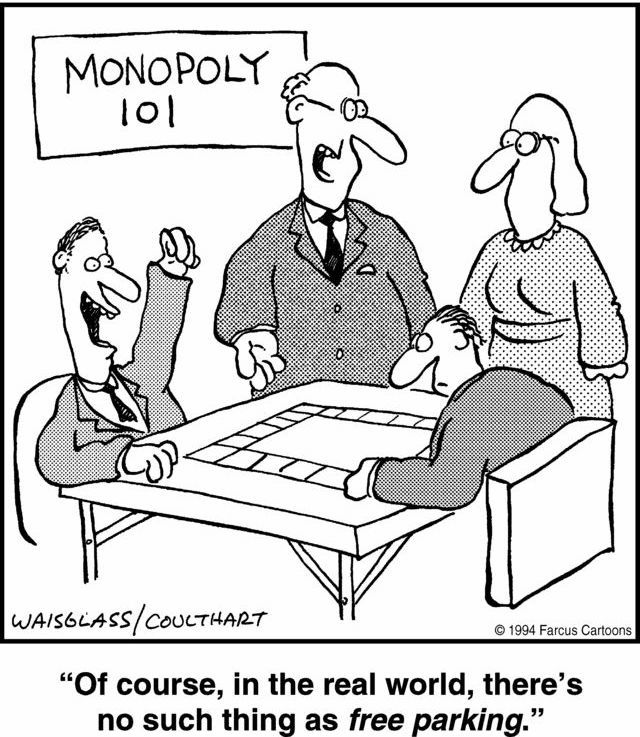Zero To One: The Monopoly Question

This note is a part of a series that presents ideas from the book, Zero To One, where I have shared seven questions that all startups must answer. In this note, we open up the third question in Thiel's list: The Monopoly Question.
The Monopoly Question - Are you starting with a big share of a small market?
Zero to One is written with a clear focus on building distinctive businesses that have the potential to dominate a market and hence a major part of the narrative is focused on why you need to build a monopoly and why entering into a competitive market leads to building mediocre businesses that rarely survive. Thiel explains multiple models to think about the monopoly question of your startup.
The Monopoly-Competition Axis
According to Thiel, all startups lies somewhere on the axis between perfect competition and a perfect monopoly based on the market that they are trying to serve. Thiel believes that companies on both ends of the spectrum have an incentive to project themselves towards the center. Companies in Perfect Competition try to project themselves as monopolies by trying to differentiate themselves from other companies. Also, Monopolies try to project themselves as less monopolistic so that they can reap the benefits without capturing a lot of attention from the underserved market.
Thiel makes it clear that competition drains both revenue and resources and it is always better to be a monopoly from a business standpoint. Later in the durability question, we discuss what are the sources of competitive advantages that make monopolies.
Choosing the appropriate market
Companies are able to deceive the customers and project themselves towards the center on the Competition-Monopoly axis because the market you serve by solving a particular need can be expressed relatively. Thiel explains that any market can be defined narrowly or broadly depending on the need of the hour but from the perspective of creating monopolies you should focus on first serving a small market, refining your product in the process, and gaining the complete market share before moving on to expanding your target audience and capturing bigger markets. Think how Facebook first made itself successful on the Harvard Campus before launching out into the world.
Building a Monopoly
Thiel gives three clear rules for building a monopoly.
- Start small and monopolize a smaller market: This is essentially very important for companies relying on the Network effect (more on this in Durability).
- Scale Up: After monopolizing the market in a smaller space, start to scale up and capture bigger related markets.
- Finally, don’t disrupt and avoid competition: As much as possible, always avoid competition in the process of scaling up. Don’t be the disruptor.
Ethos of Competition
Thiel gives a note on how competition is harmful to both players involved and only dissipates profits. Thiel suggests that it is better to merge when competition arises and while some fights do need to be taken up, not all fights are to be fought. In my personal opinion, I see an analogy with boys in school. While some fights are required to be taken up or else the other boys keep coming at you, most fights just happen because it is popular entertainment for the class. It is best to be mature and find a way to not go through these fights.
In the next note in this series, we will decipher the people question.
